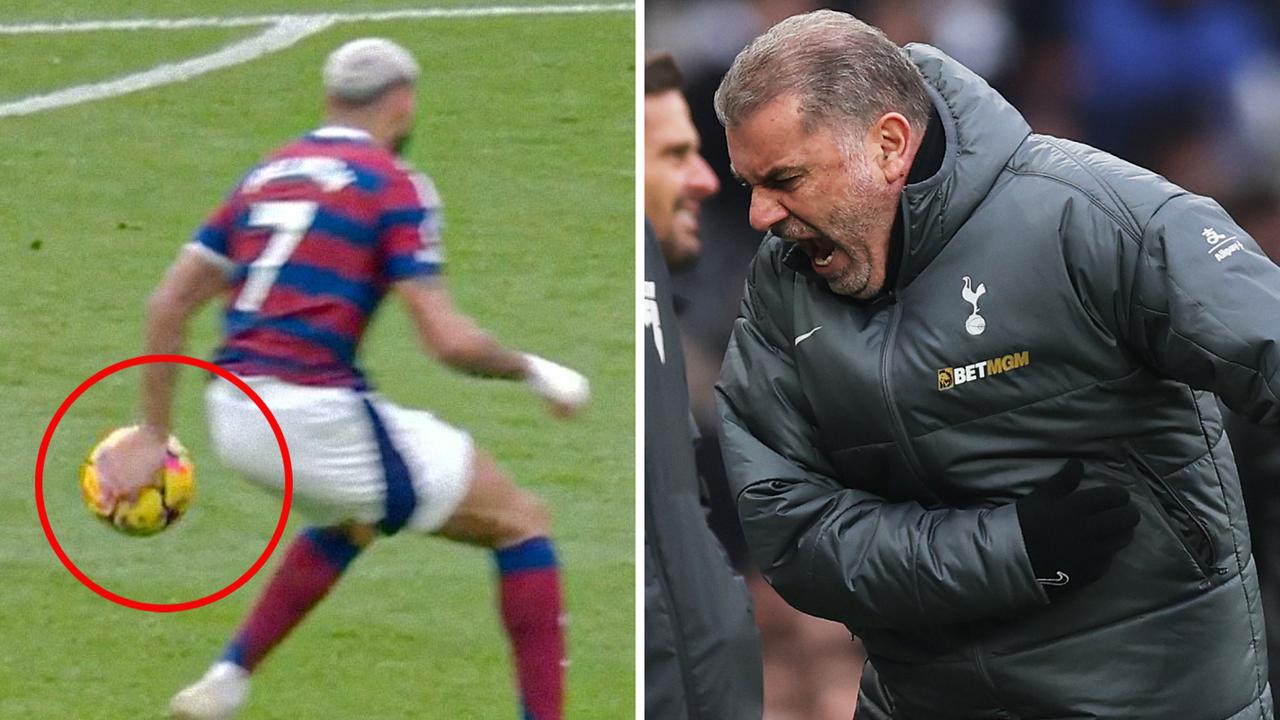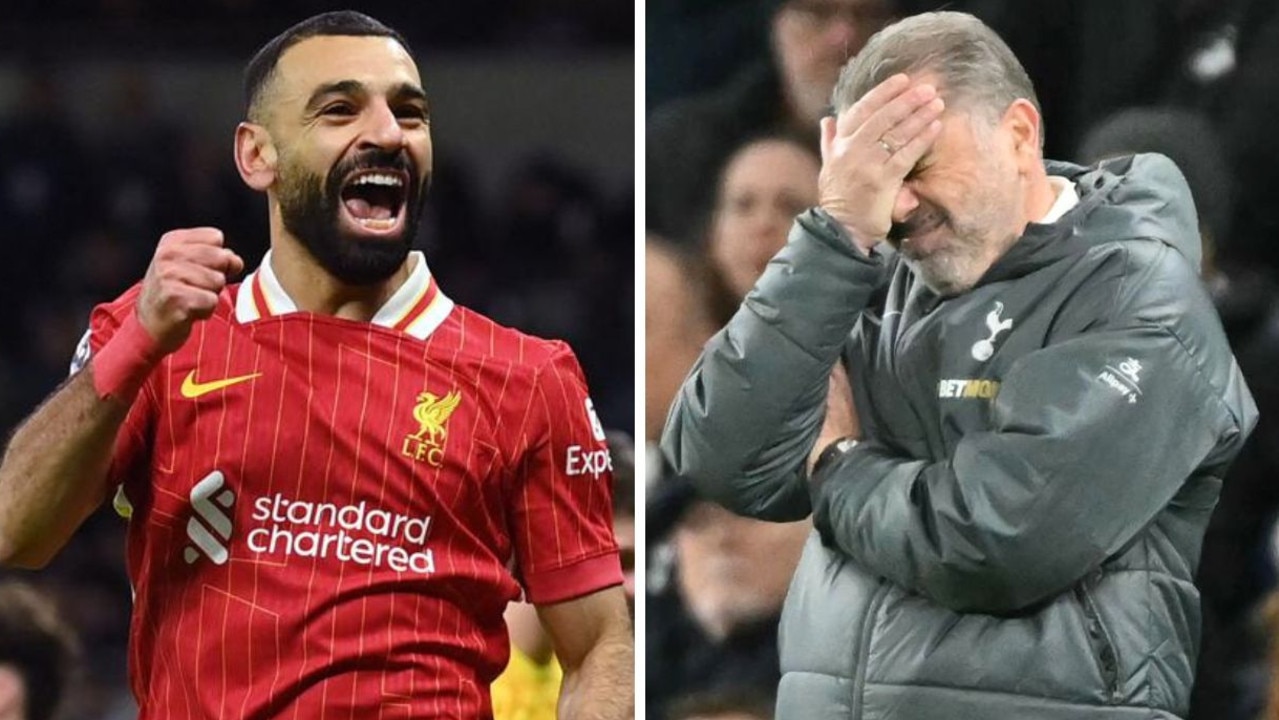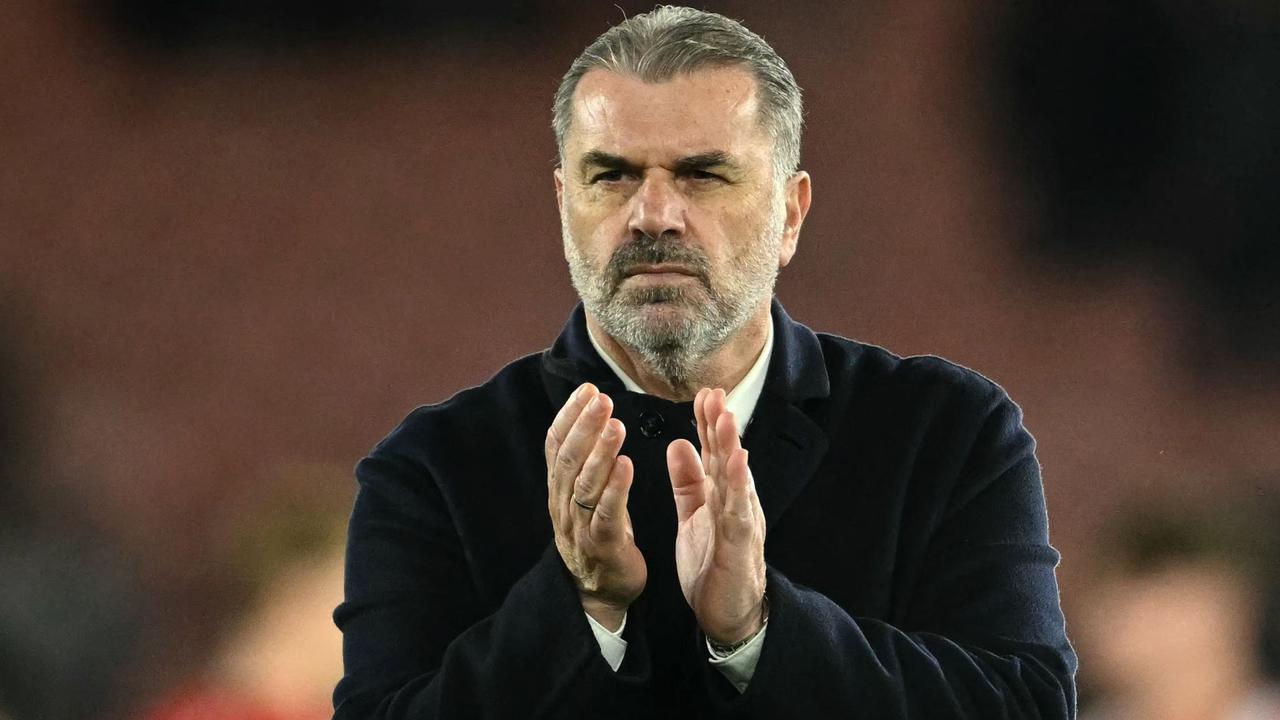Tottenham Hotspur must prove they can beat the big teams — and conquer their stadium woes
TOTTENHAM have become one of the best teams in the EPL but still haven’t nailed that elusive trophy. Can they do it with three huge obstacles in their way?

THERE was a moment where Tottenham briefly became many EPL watchers’ second team.
Manager Mauricio Pochettino has constructed an enviable and enjoyable side, physical, athletic, skilful and intelligent, an alluring blend of steel and silk.
And Spurs’ own relative lack of recent trophies set them apart from the usual jealousy and enmities usually aimed at the big clubs.
But when they caved in behind Leicester in 2016, there was a sense that perhaps they had missed their chance.
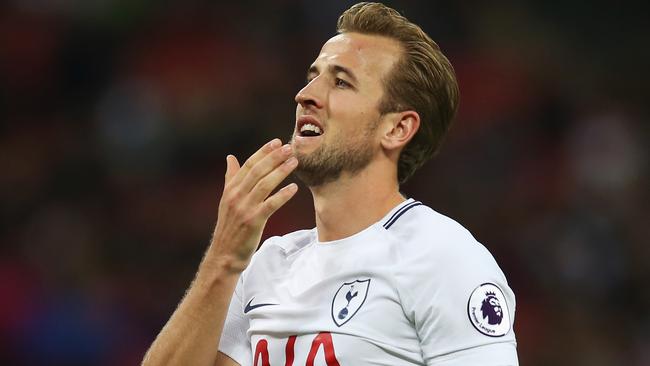
The usual title-winners of Manchester and London had stalled and there was a brief opening for an outsider to do something special. But that was Leicester. Spurs instead imploded under the pressure, eventually finishing third behind rivals Arsenal.
Last season Spurs looked to take that lesson to heart, pushing hard in the title rice only to finish second to Chelsea, as too many draws cost too many points.
Third, second … Where will Tottenham finish in 2018?
It is unfortunate for Pochettino’s team that in front of them, they have three of the biggest obstacles in English football.
The threat of the first two is clear — as discussed previously here, Manchester City and United have started the title marathon like a 100 metre sprint. Both spent huge amounts in the off-season to add greater firepower and depth to their already impressive rosters.
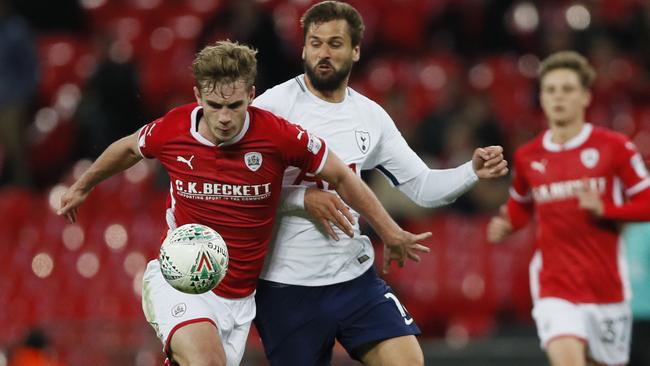
Spurs were hardly spendthrifts in during the transfer window ($70m on central defender Davinson Sánchez, $38m on right-back Serge Aurier, $20m on striker Fernando Llorente) but those acquisitions were largely to replace those who had left, rather than adding a new dimension to Pochettino’s squad.
Continuity is a good thing in football — but never mistake it for a lack of progression.
Questions have been raised about Chelsea’s lack of depth but the champions made light work of it when they beat Spurs 2-1 in August, as Pochettino’s side struggled to break out of their own rigidity and had no one on the bench who could change the game.
To have one club sprinting ahead of you — be it Leicester or Chelsea — is one thing. Two have two, with the resources and managerial experience of the Mancs, is something entirely different.
But it is the third obstacle that could perhaps pose the greatest threat to Tottenham’s ambitions. Wembley.
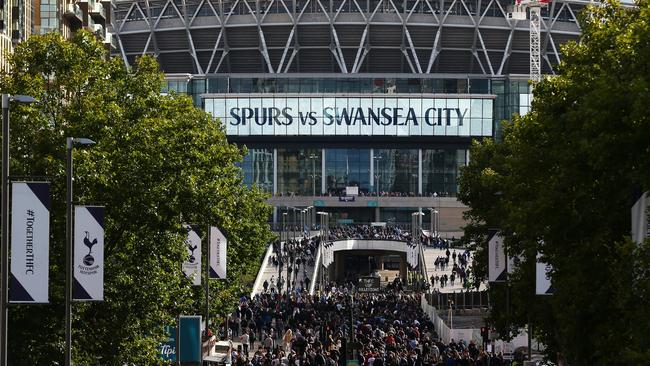
Calling the national stadium home while White Hart Lane is rebuilt, Spurs are struggling to find their rhythm in the unfamiliar and cavernous surroundings.
A crowd of 75,000 watched that defeat to Chelsea. More than 65,000 were at the unflattering draw with Swansea. Big crowds, true — but both marked by a distinct lack of atmosphere, compared to the tight confines of their usual home, to which Pochettino has crafted a team and playing style to match.
That lack of energy has been noticed and, to some extent, replicated on the pitch. Tottenham haven’t started badly — W2, D2, L1 — but it hasn’t been the form of true title contenders.
Never mind chasing down their breathless rivals; first Spurs have to catch up with themselves.
If anyone knows how it feels, it’s this weekend’s opponents, West Ham. After moving from the Boleyn Ground (or Upton Park, as it was known), their home for more than a century, to London’s Olympic Stadium, the Hammers suddenly found all the atmosphere and energy had been sucked out of their home games.
Where once a trip to face the Hammers also meant facing their hardcore fans, visiting teams now have the luxury of a vast expanse between the stands and the pitch. Gone was the noise and intimidation. Hovering right above the relegation zone, the club are still struggling with the after effects of their move.
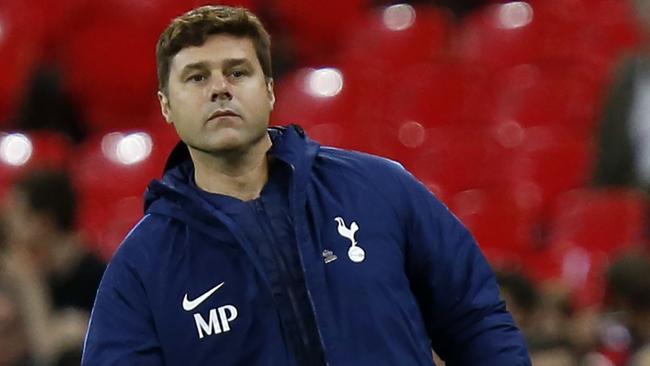
Thankfully for Spurs, Wembley is only temporary — but one season can make a big difference in the Premier League. Drop out of the Champions League spots and you face a dogfight to get back in.
Mauricio Pochettino has done everything he can to quell talk of Wembley’s negative effects on his team, lest rumour become reality.
Perhaps as the season settles, Tottenham will grow to fill the space they now exist in. But the more realistic danger is that they will be robbed of vital energy, just when even bigger clubs are revving their engines.
And Spurs could be left behind, again wondering about another season of what could have been.
Originally published as Tottenham Hotspur must prove they can beat the big teams — and conquer their stadium woes

